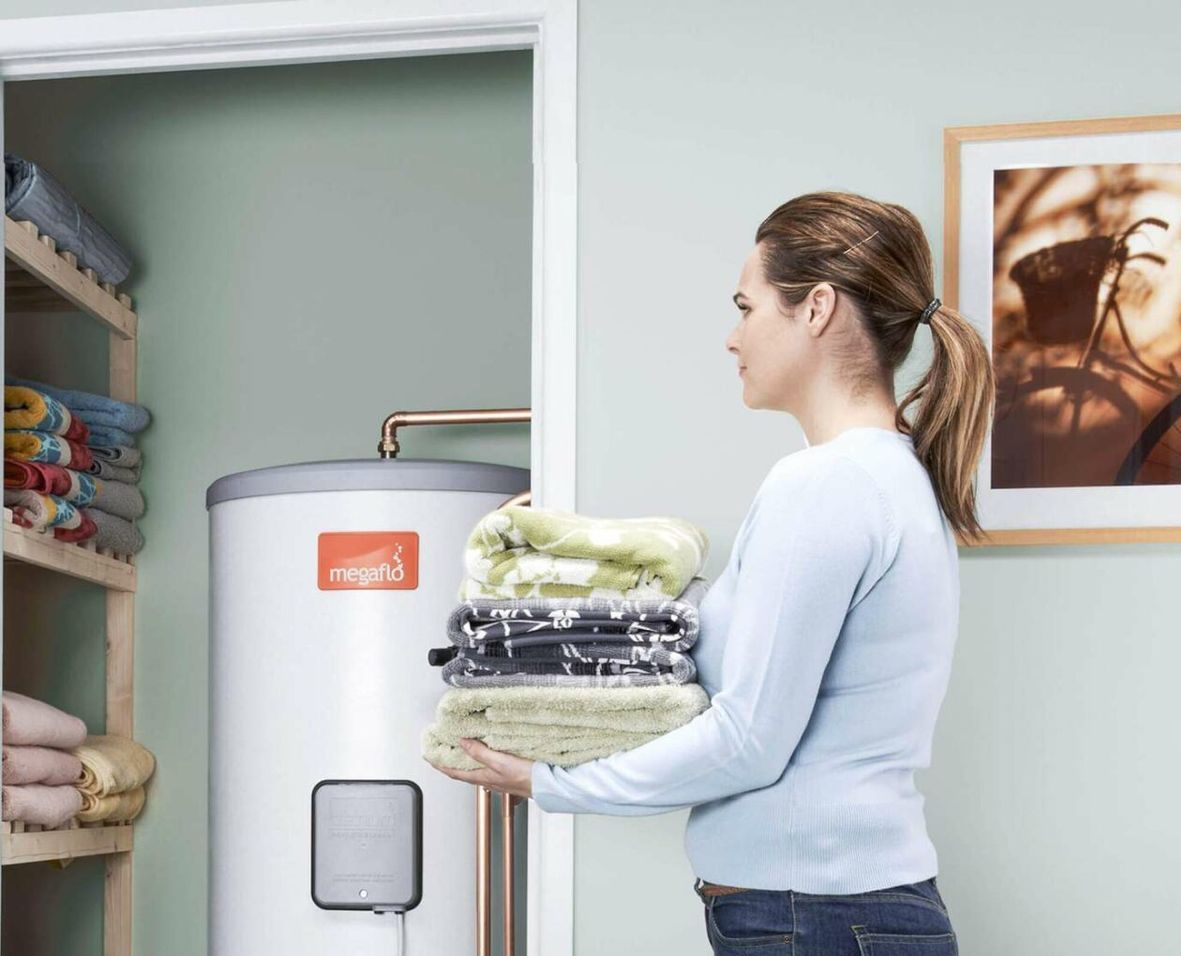London's Hard Water Explained: How to Safeguard Your Plumbing System
Grubby shower screens, limescale stained taps, cloudy glassware?
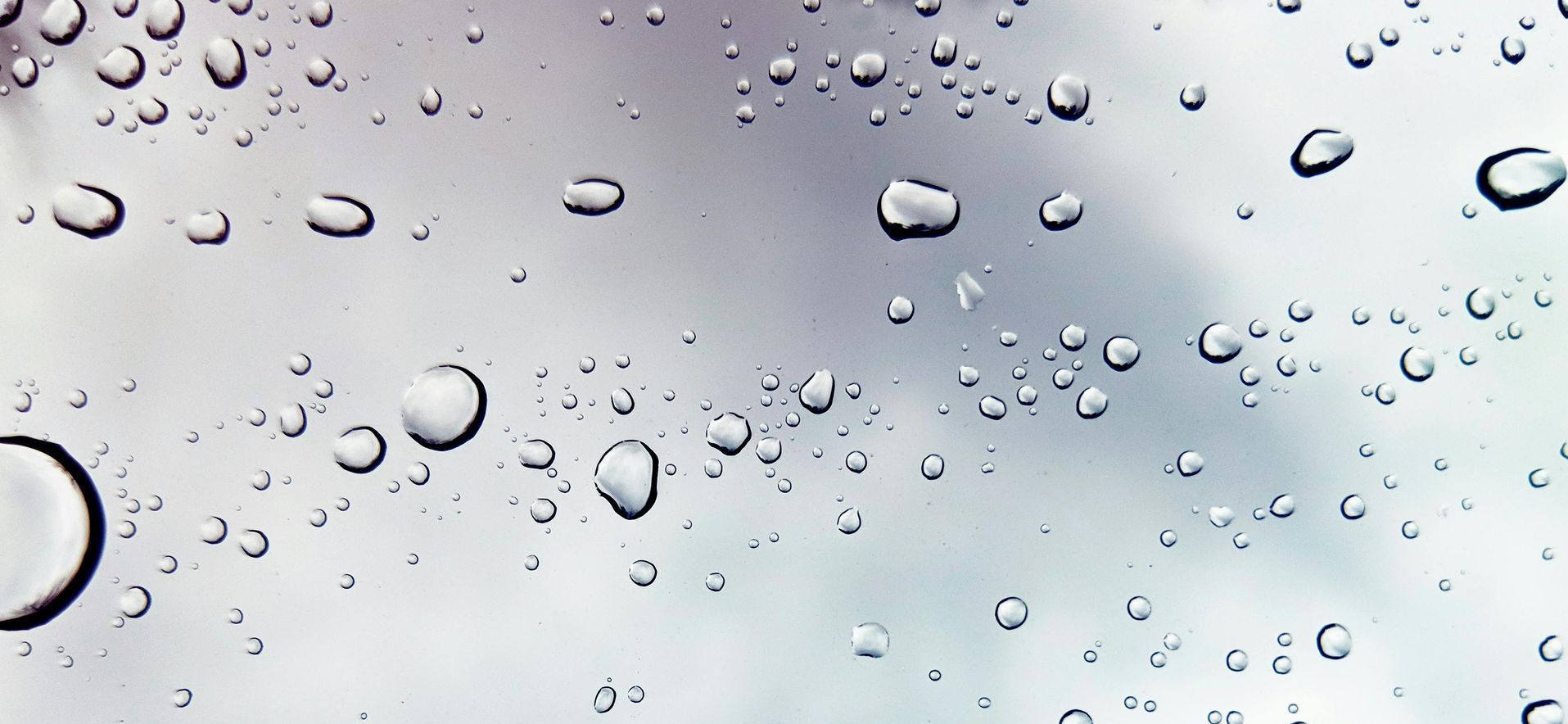
Grubby shower screens, limescale stained taps, cloudy glassware? You're living with hard water.
Living in London, we see the signs of hard water in our homes;
grubby shower screens, limescale around taps, cloudy glassware, etc. It’s not just a nightmare to clean, it can leave residue on
skin and hair too. One customer told me she rinses her hair in apple cider vinegar to get rid of the hard water buildup! There are other (less stinky) ways to deal with hard water ….
In this blog we’ll explore what hard water is, its impact on your home, and practical solutions to manage it effectively.
1. What is Hard Water?
Water hardness refers to the
concentration of certain minerals, primarily calcium and magnesium, in your water supply. These minerals are
naturally occurring and are picked up by water as it passes through soil and rock. Water hardness is typically measured in grains per gallon (GPG) or parts per million (PPM).
The Evening Standard says that up to60% of people in the UK live in hardwater areas, London and Kent being two of those areas affected. The water in our city is often classified as
hard to very hard, meaning it has high levels of these minerals. This high mineral content can have several
implications
for your household plumbing and appliances.
2. Effects of Hard Water on Plumbing Systems
Hard water can cause
significant problems in your plumbing system due to
limescale buildup. Here are some of the common issues:
- Limescale Buildup in Pipes: Over time, the minerals in hard water form limescale deposits which can clog pipes and reduce water flow.
- Reduced Efficiency of Water Heaters and Boilers: Limescale can accumulate in your water heater and boiler, making them less efficient, and increasing energy consumption and costs.
- Damage to Plumbing Fixtures and Appliances:
Hard water can wear out taps, showerheads, and other fixtures, leading to repairs and replacements.
- Increased Maintenance and Repair Costs:
The overall lifespan of your plumbing system and appliances is reduced, resulting in higher maintenance and repair expenses.
London homeowners often face these challenges, making it crucial to address water hardness proactively.
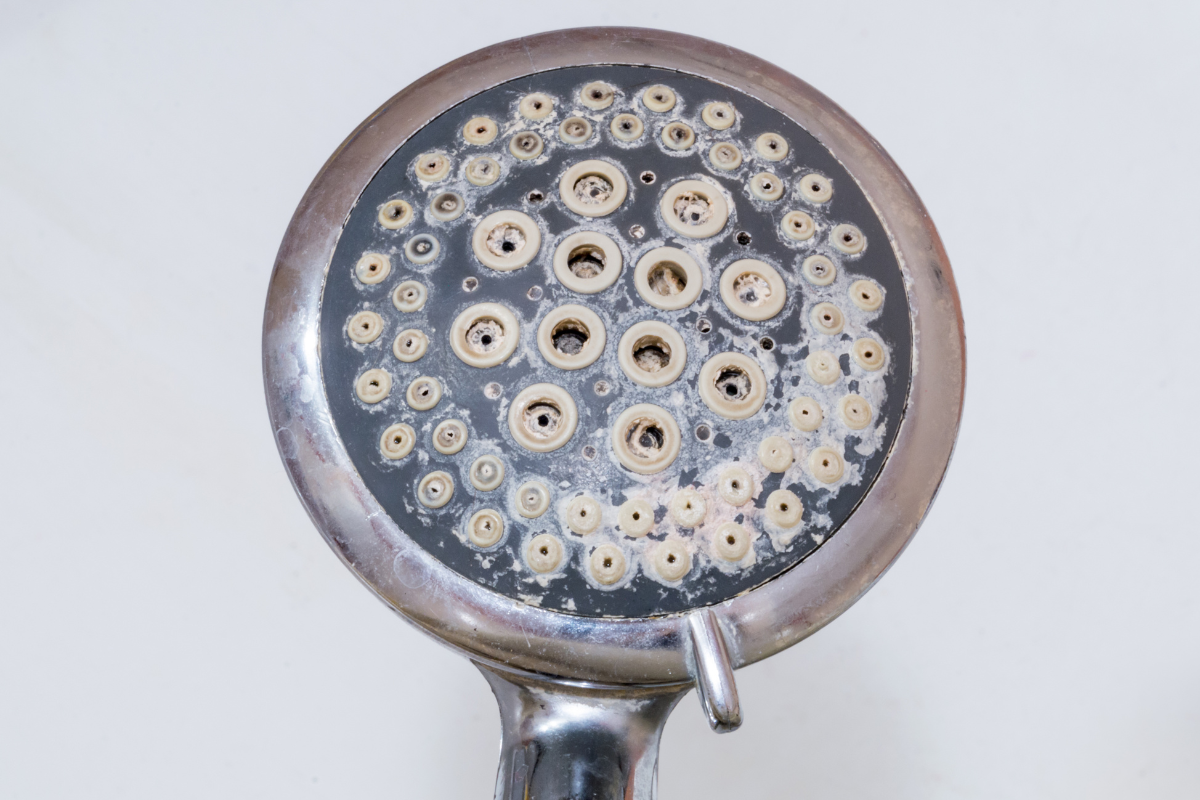
3. Identifying Hard Water in Your Home
You can identify hard water in your home by looking for the following signs:
- Soap Scum: Residue on showers, bathtubs, and sinks.
- Dull Laundry: Clothes that look dingy and feel rough.
- Spotty Dishes: Glasses and dishes with spots or a cloudy appearance.
- Dry Skin and Hair: Skin irritation and hair that feels dry and brittle.
Another tell-tale sign of hard water is when your water heater starts losing efficiency, causing your hot water temperature to drop. Just like when a kettle builds up mineral deposits over time, the heating elements, or 'immersions,' in your hot water cylinder can become scaled with hard water residue. This scaling forces the immersions to work harder and stay on longer to reach the desired temperature. If this happens, you may need to replace the immersions—but remember to choose ones with scale protection to help prevent future buildup.
4. Ways to Mitigate the Effects of Hard Water
There are several methods to mitigate the effects of hard water in your home:
Inline Scale Reducers:
Inline scale reducers are compact devices installed in the mains water line to minimise limescale buildup. Rather than removing hardness minerals, they alter their structure, making them less likely to cling to pipes and appliances.
- Cost: Typically priced between £50 and £200, these reducers are low-maintenance and require no salt.
- Effectiveness: While not as thorough as water softeners, they help prevent scale accumulation, extending the lifespan of pipes and appliances without altering water taste.
Water Softeners:
Water softeners use ion exchange resin beads to replace calcium and magnesium ions (which cause hardness) with sodium ions.
Typically installed at the point where water enters the home, water softeners require plumbing expertise (hello Anderson & Sons!). They regenerate periodically using salt.
- Cost: Initial costs can range from £400 to £2,000 or more, depending on capacity and type. Ongoing costs include salt for regeneration.
- Effectiveness: Highly effective at reducing hardness. Softened water prevents scale buildup in pipes and appliances, extends appliance lifespan, and improves soap lathering.
Reverse Osmosis Systems:
These systems use a semi-permeable membrane to remove dissolved minerals, impurities, and contaminants from water.
Typically installed under the sink or as a whole-house system, requiring professional installation.
- Cost: Initial costs range from £200 to £1,000 for under-sink units, and up to several thousand pounds for whole-house systems. Ongoing costs include filter replacements.
- Effectiveness: Very effective at producing purified water suitable for drinking and cooking. Removes up to 99% of dissolved solids, including hardness minerals.
Water Conditioners (Electronic Descalers):
These devices use electromagnetic fields to alter the structure of minerals in water, reducing their ability to form scale. They are easy to install on incoming water pipes, often without plumbing changes.
- Cost: Initial costs range from £100 to £500 or more, depending on brand and features. Minimal ongoing costs.
- Effectiveness: Effectiveness varies; some studies suggest they can reduce scaling to some extent, but results may vary based on water composition and usage.
Filtered Water Dispensers:
These dispensers use replaceable filters to remove minerals and impurities from drinking water.
Simply replace or install a filter in a dispenser or filter jug. Point-of-use or whole-house systems are available.
- Cost: Initial costs range from £20 for basic filter jugs to several hundred pounds for advanced filtration systems. Ongoing costs include filter replacements.
- Effectiveness: Effective at improving taste and removing some minerals, but may not fully address hardness issues in all cases.
Showering Solutions:
Filters installed on showerheads to remove chlorine, sediment, and some minerals. They are easy to install on existing showerheads.
- Cost: Costs range from £20 to £100 or more, depending on brand and filtration capacity. Filters need replacement periodically.
- Effectiveness: Improves water quality for bathing, reducing skin and hair dryness and irritation. Some models can reduce mineral content to some extent.
Regular Maintenance:
Regularly clean taps, showerheads, and appliances affected by hard water buildup with vinegar or commercial descaling solutions.
- Cost: Minimal cost for cleaning supplies.
- Effectiveness: Helps maintain water flow, appliance efficiency, and reduces the need for more costly interventions.
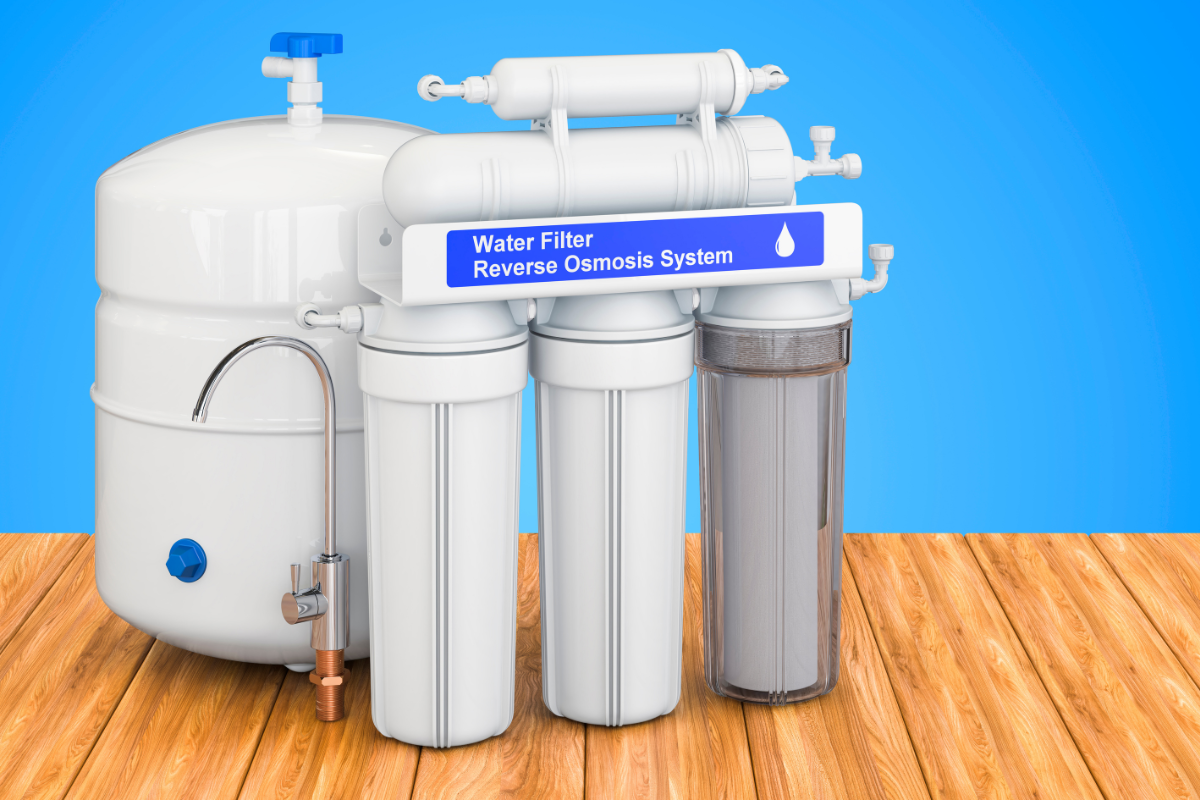
5. Choosing the Right Solution for Your Home
When choosing a solution for hard water, consider factors like the
hardness level, your
budget, and
ease of installation. For our London customers, water softeners can be an effective option.
Many of our customers have successfully managed hard water issues by implementing these solutions, enjoying better water quality and reduced plumbing problems.
To conclude….
Addressing water hardness is essential for
maintaining a healthy plumbing system, especially in London. By understanding what water hardness is, recognising its effects, and choosing the right mitigation strategies, you can
protect your home and save money in the long run.
If you'd like to chat about hard water solutions, contact us today on 0207 386 8888 or use our
online booking form
to schedule an inspection.
Explore our related blogs
here
New Paragraph
You might also like
Our Blog
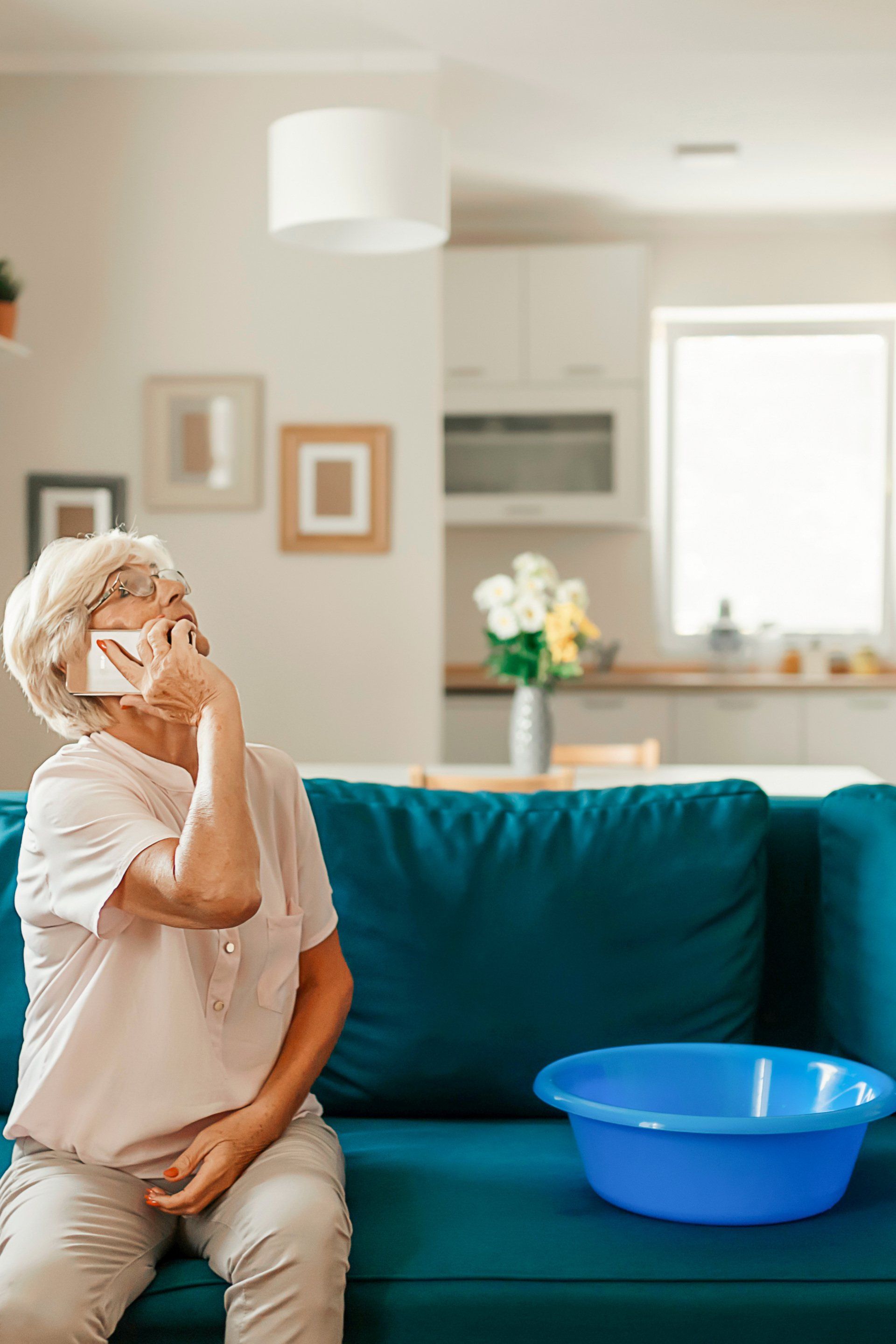
Book a Service Today
We will get back to you as soon as possible
Please try again later
Anderson & Sons | All Rights Reserved | Read Our Privacy Notice & Cookie Policy


